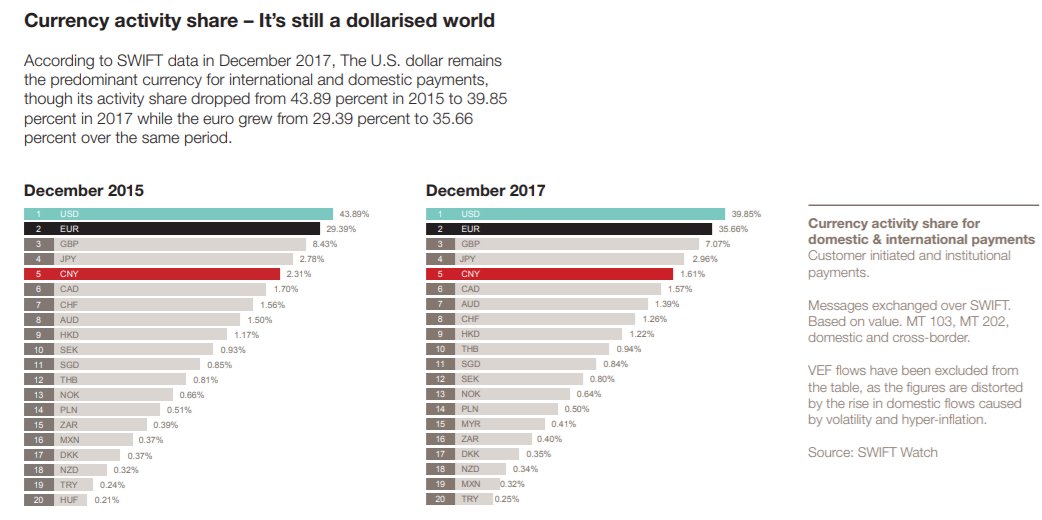1) she reads program text many times faster than you read *anything*.
Or...
2) she's not reading.
And they're right.
And why not? Because it's way too slow.
Here's a video that makes that point:
geepawhill.org/2018/02/02/opt…
Y'all have a pleasant evening!
geepawhill.org/camerata
The first 50 yearly members get a free coaching session with yours truly.
Join us today!













